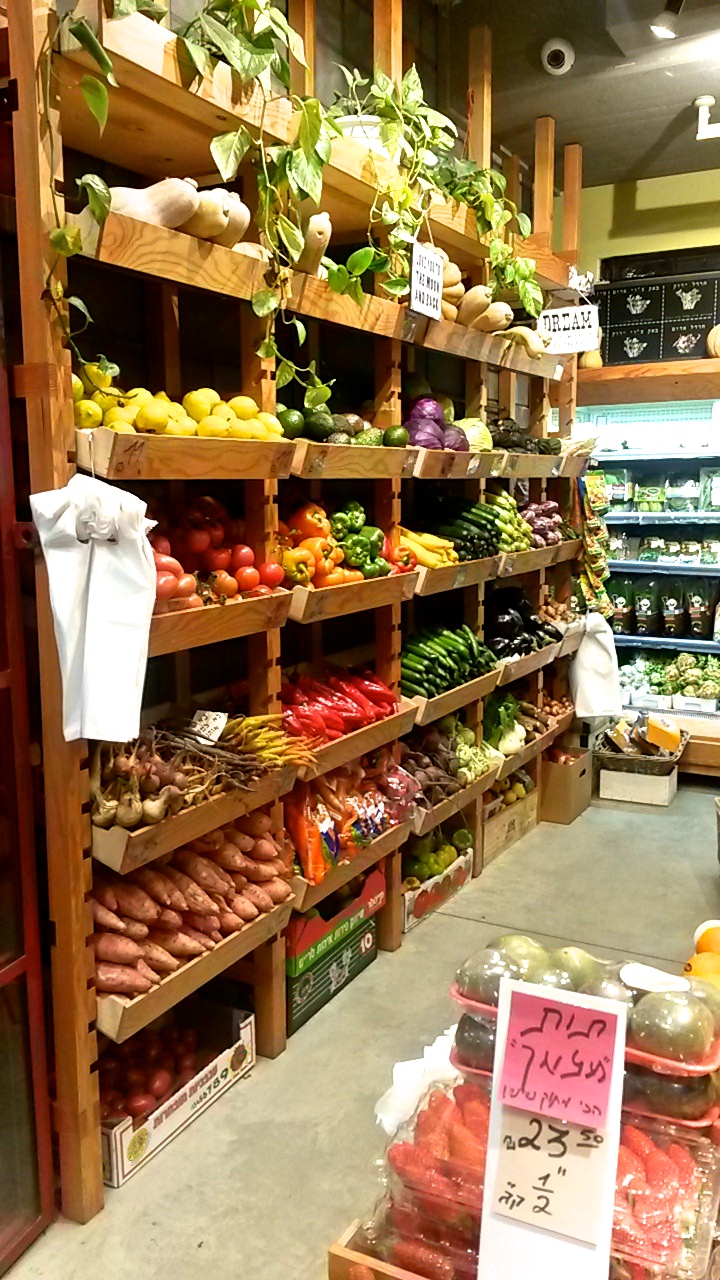Irina's Interview with Limor Cohen of Middle Eat
by Irina Vishnevskaya, Tastemaker in Residence
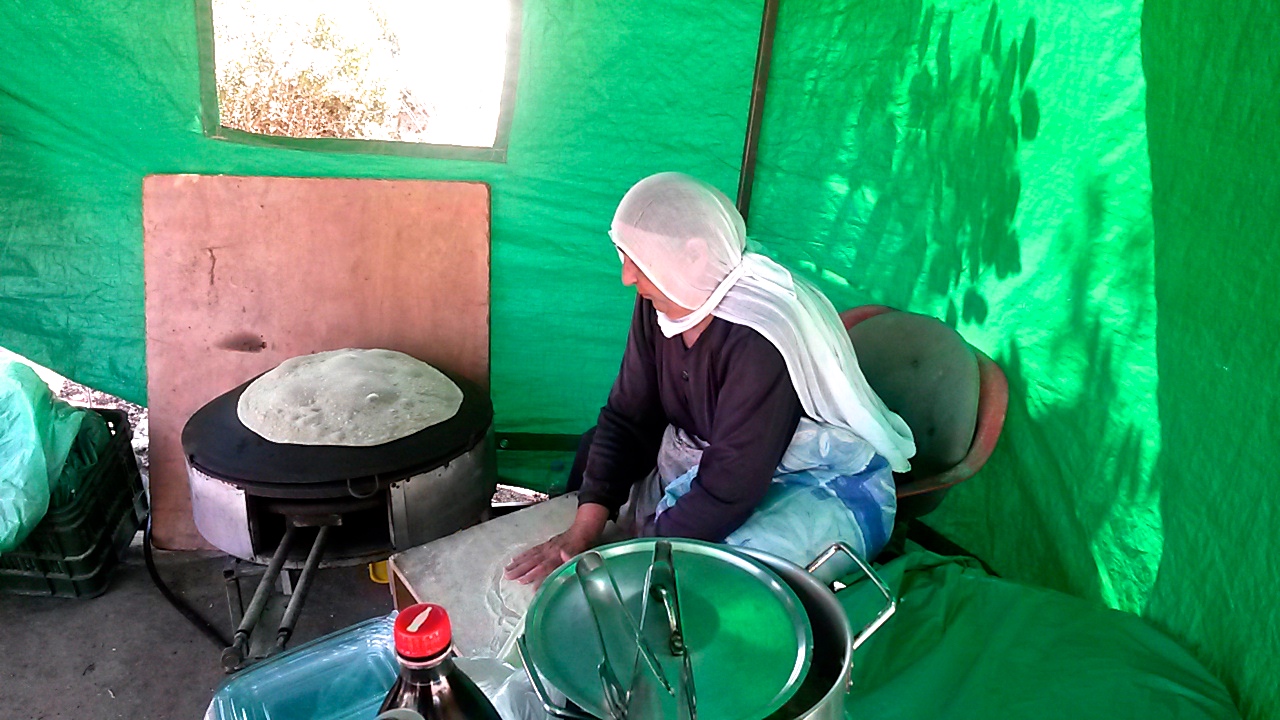
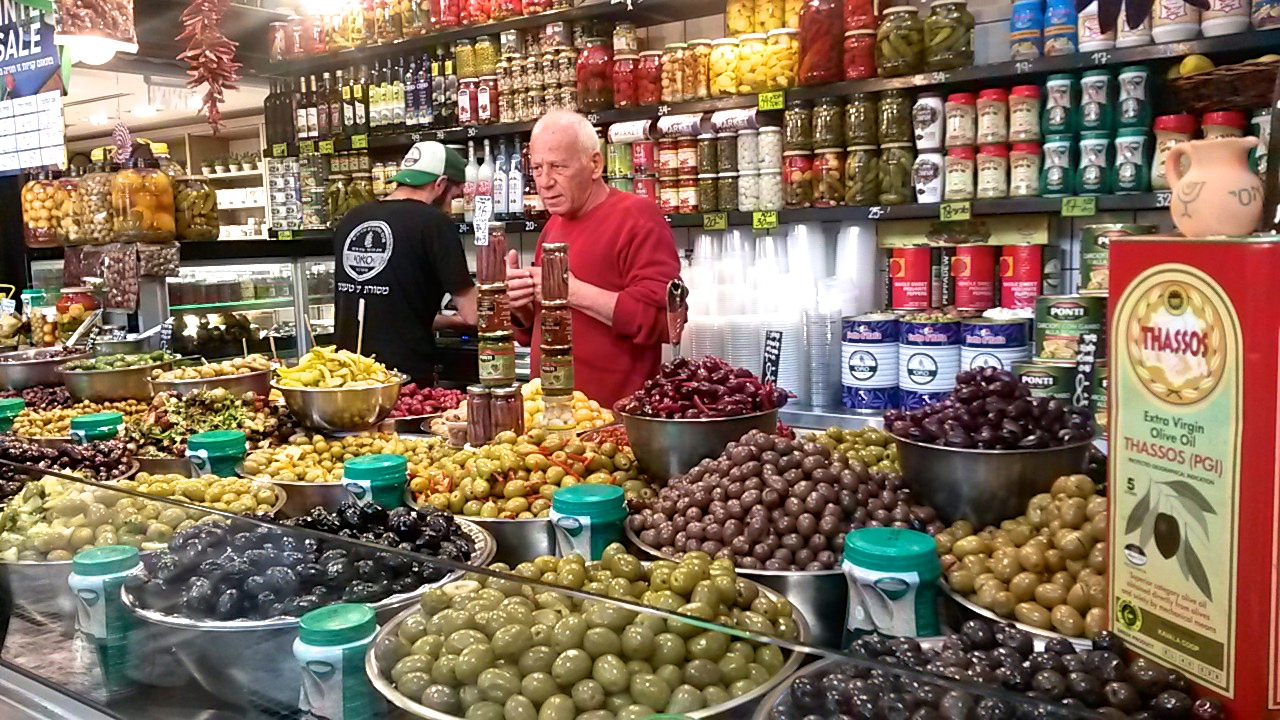
Culinary travel is all the rage these days, and for good reason- after years of watching Anthony Bourdain and Andrew Zimmern, we all seem to have finally understood that eating is the best way to understand and feel the traditions of a culture. Not to mention, it’s a whole lot more fun- after all, who doesn’t want to travel and taste delicious food with interesting people.
One of my personal favorite culinary travel companies is Middle Eat, an Israeli company that organizes cooking vacations and cooking tours throughout Israel; all of them including trips to the country’s famed (and amazing) markets, and with cooking classes with real-life Israeli chefs. I sat down with Limor, the owner and creative force behind the company to talk a little shop.
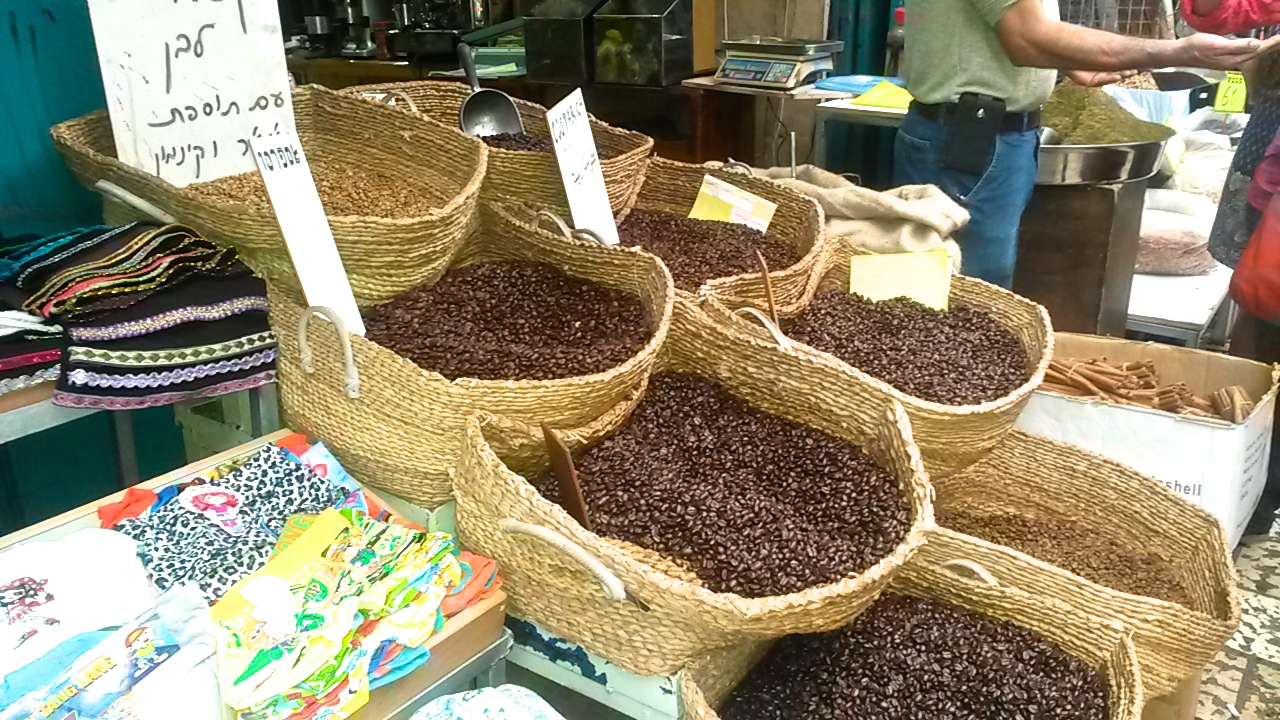
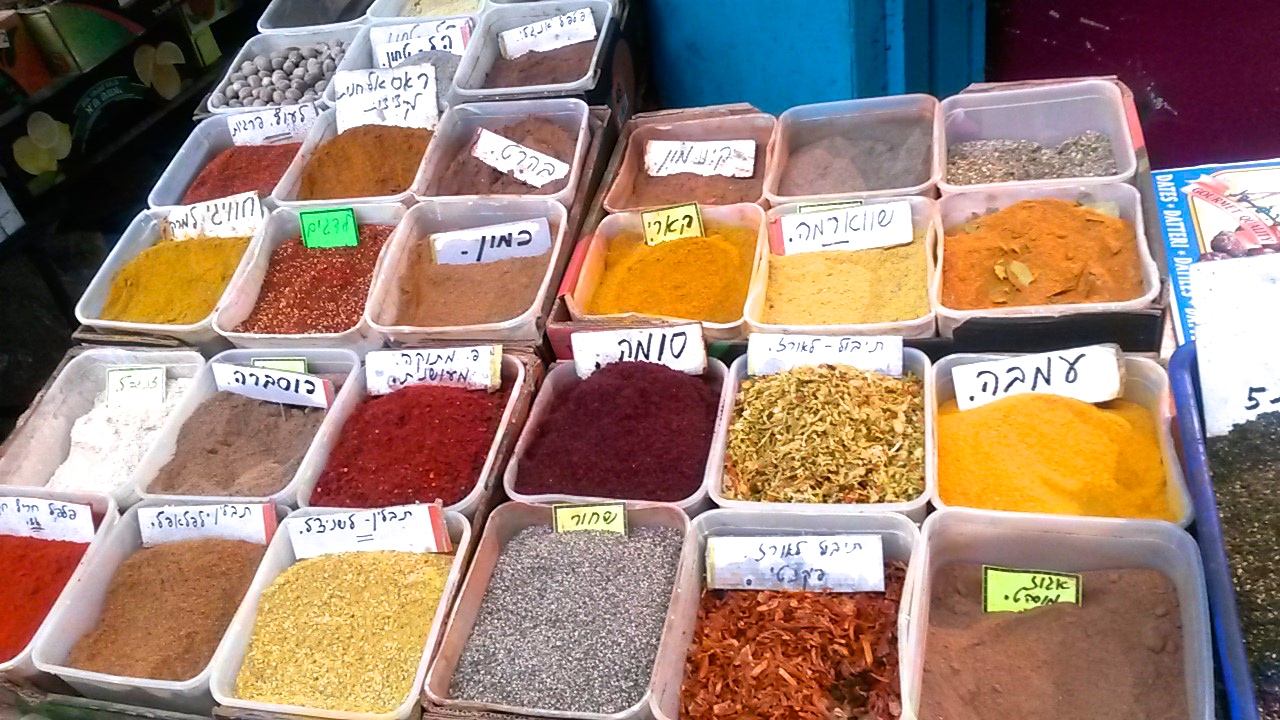
Can you tell us a little bit about yourself and your company, Middle Eat?
My name is Limor Cohen and I am the owner and manager of Middle Eat, a company that offers culinary tours and cooking classes in Israel. Before I started my business I worked in totally different fields. My bachelor’s degree is in Jewish Philosophy and I had worked in unformal and formal Jewish education for 10 years in Israel and in the USA. I then did my Master’s degree in the School of Information in University of Michigan and worked as a User Interface/User Experience expert for additional 10 years. Until I had my first child I was traveling a lot around the world, mainly in the Far East, Europe, and USA. After more than a decade in the USA I came back to Israel with my family. It took me an additional couple of years to understand that I wanted to spend my career in the areas I am most excited about – cooking and traveling. This was the reason I founded Middle Eat, which perfectly followed my desire to show tourists that come to Israel that our country has more to offer than just historic and religious sites. The culinary side of Israel is very strong and rich, and Israel is starting to get recognized as a culinary hub among chefs and foodies.
What kind of around-the-table traditions did you grow up with?
I’m Ashkenazi Jewish on my mother’s side, and Sephardic Jewish on my father’s side. Therefore our around-the-table traditions were a mix of Jewish European food and Jewish Arabic food. We ate Hungarian goulash (a soup or stew of meat and vegetables), and Syrian Maude’ (stew of potatoes and meet), stuffed cabbage, and stuffed grape leaves, sweet rugelach (pastry in a form of crescent), and sweet atayef (stuffed pancakes). The holidays were a celebration of colors and tastes. Jewish holidays are always connected to family gathering around the table. In Rosh Hashana we used to go to my paternal grandparents where we ate special dishes, the names, shape, or taste of which symbolize blessings for the new year: apple with honey symbolizes the hope for a sweet new year, leek pie for future with no enemies, cooked pumpkin for a good verdict by God in Yom Kippur and so on. On Hanukah we used to go to my maternal grandparents to eat latkes and sufganiot. In Tu B’Shvat we had a table of fresh and dried food. On Passover we had the big Seder in the evening (with up to 80 people attending) and a family brunch at noon with lots of salads, and Syrian haroset (raisins jam) on a lettuce leaf. I became a vegetarian when I was a teenager, and since then my grandmothers have cooked for me a special vegetarian version to their authentic food on every occasion.
What motivated you to start Middle Eat?
When I celebrated my 40th birthday my husband wanted to surprise me with a cooking tour in Europe. Then I realized that Israel could be a great destination for cooking tours. After a few months I decided to resign my job as UX expert, open my own business, and do the two things I love most: cooking and traveling.
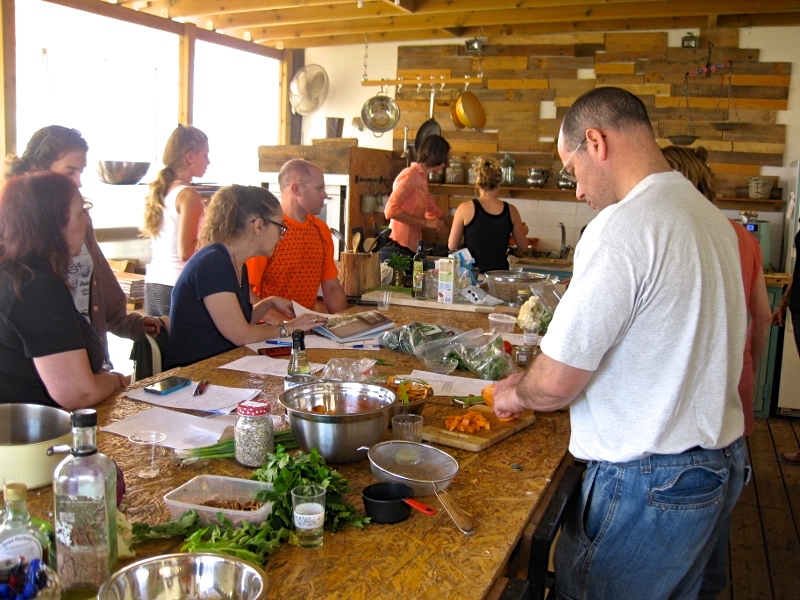
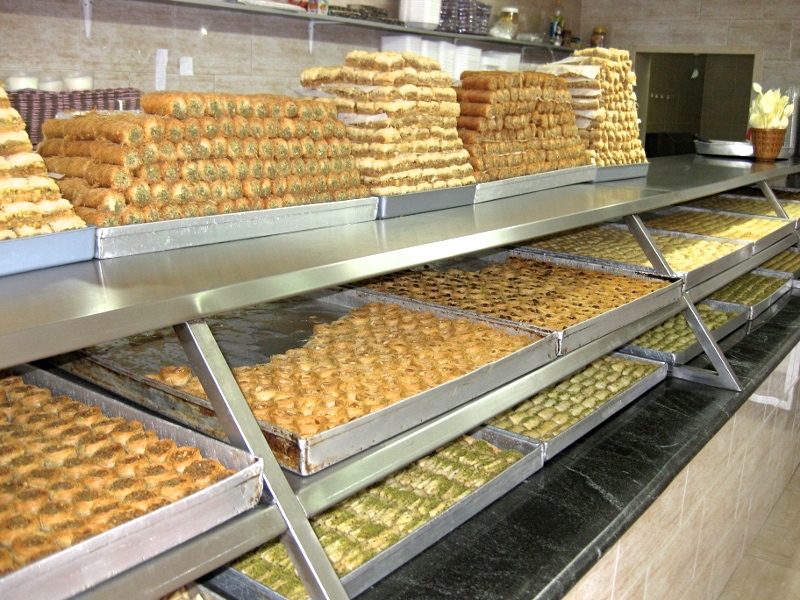
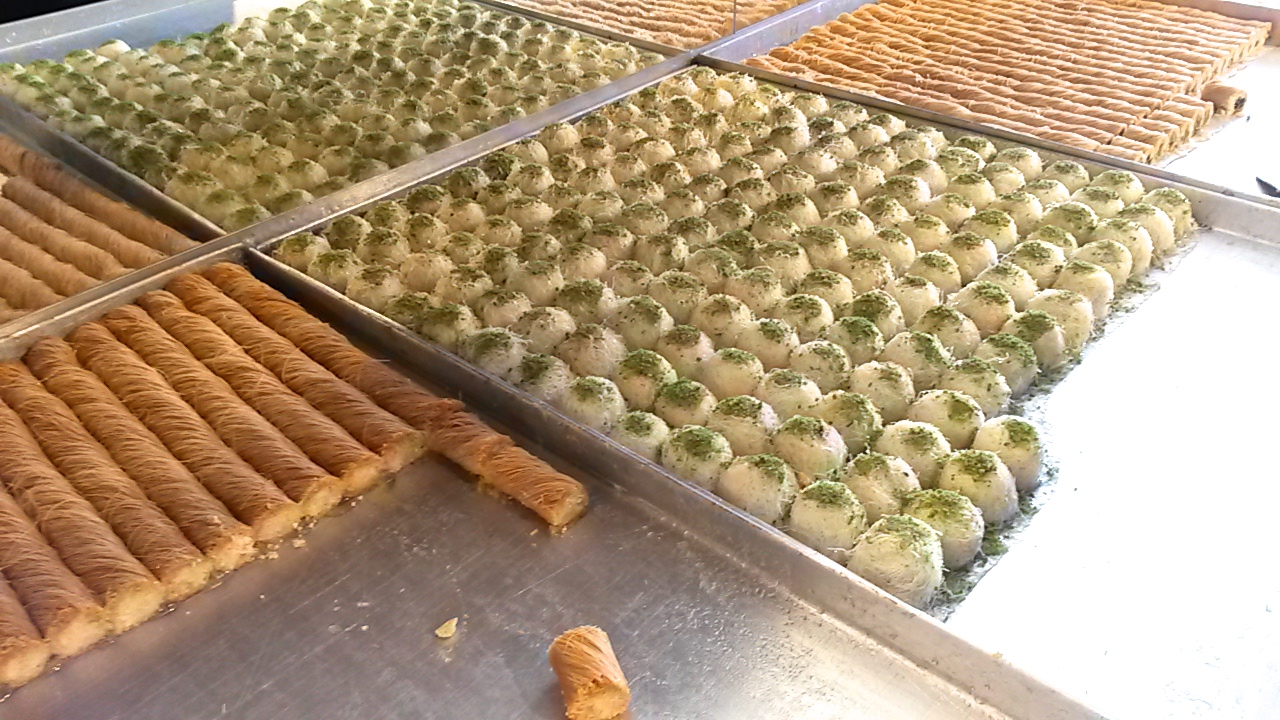

What is unique about Israeli culinary traditions? Do you see these traditions changing or evolving as of late? Jews came to Israel from all over the world and brought with them amazing food and around-the-table traditions. In addition, Arabs and Jews lived here for generations and developed their own unique local kitchen. When the State of Israel was established, each community cooked its own food and concentrated on its own traditions. Over the years, we started to develop an Israeli culinary culture that borrowed its foundations from many different communities and traditions. Israeli chefs took it further and developed a unique Israeli kitchen that is a mix of authentic and modern food deriving from Jewish and Arab cultures and traditions. I think that we are currently in the peak of this phenomenon.
Tell us about the average cooking vacation that you organize- what is it like?
All cooking vacations are a combination of culinary tours and cooking classes, and are a great and unforgettable way to learn about Israeli culture. Each group is usually 8-12 people so the atmosphere is very personal. We have a week-long cooking vacation all over Israel where the group visits few markets and boutique wineries, such as Carmel Market in Tel Aviv, Mahane Yehuda in Jerusalem, Vadi Nisnas in Haifa, Akko market in the north, Dalton winery in the Galilee, and more. Usually, following the market tour, the group cooks with a special meal with a chef that is related to the tour or the location in his/her home or restaurant. In Akko they learn how to cook fish, in Jerusalem they learn how to bake Challah bread, in Daliyat El-Carmel they cook a Druze meal with a Druze chef in her kitchen and so on. We also offer daily tours for tourists who just want to experience the Israeli kitchen for one day – we have a tour in Ein Karem in Jerusalem, where they learn how to bake Challah bread with the chef, and then walk with her in her hometown to meet people and hear stories about this beautiful and pastoral neighborhood. In Haifa the group walks between the stands and stores, meets the people, hears their stories, and tastes their food, and then learns how to cook an Israeli meal. The tours are customized for the participants, so we can offer vegetarian cooking tour, kosher cooking tour, dairy cooking tour and so on.
How do you think traveling to Israel and learning about its culinary traditions differs from other trips to Israel?
Usually tourists experience Israel as viewers, like audience in a show. When you participate in a cooking tour you actually join the actors – you speak with the locals and listen to their stories, you walk in their paths, you understand their daily routine, you eat their food, and learn how to make it - you meet the culture from inside. It is a totally different vacation then tours in archeological sites, museums, religious places, and nature trails.
What is your favorite local ingredient to cook with?
I love dates and products made from dates like silan (date honey). I make granola from it, granola bars, and different kinds of cookies. When a recipe calls for honey, I usually use silan instead, which is healthier and tastier than honey.
What is your favorite local dish to make?
Although my kids prefer Japanese food, like sushi and miso soup, there are some Israeli dishes they really like to eat, and therefore I like to make these dishes for them. One of them is Mejadra, which is rice cooked with lentils and fried onion, and seasoned with cumin and cinnamon. It is a very simple dish and very healthy, and since my family is vegetarian I’m happy that they like it. I also like to make Ma’aroud, which is a date rolls cut into cookies. You can find some recipes on my website, including the Ma’aroud.
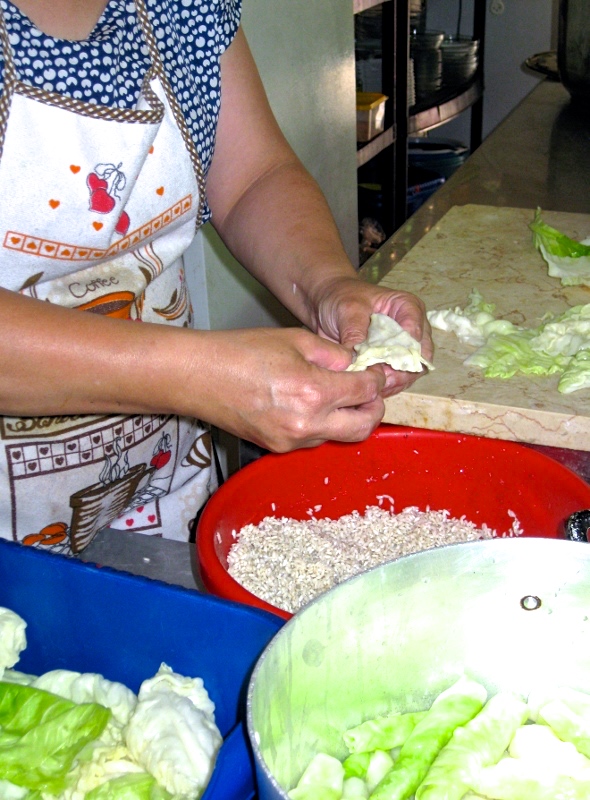
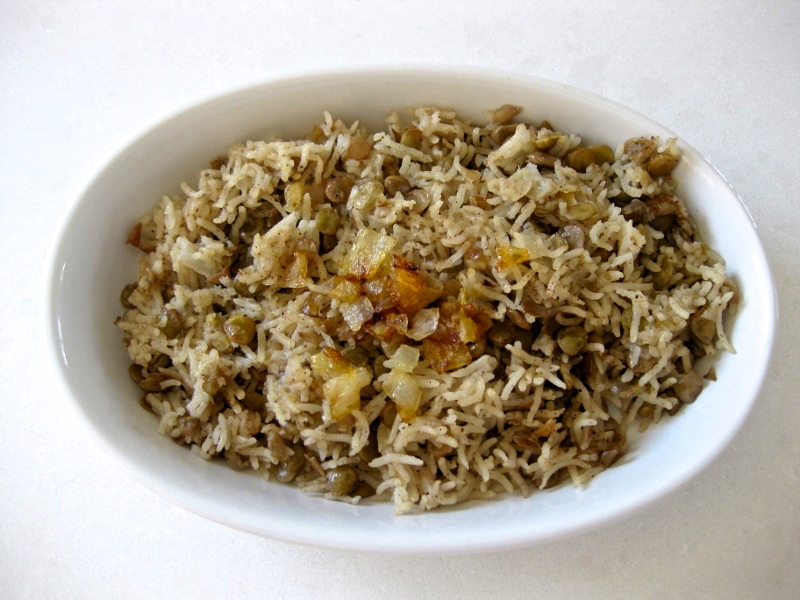
Mejadra
Ingredients
2 cups of rice (I like basmati)
1 cup of lentil
2 cup + 2 cups water
1 chopped large onion
2 tsp salt
1 tsp of cumin
1 tsp of cinnamon
Instructions
Wash the lentil and boil with 2 cups of water. Cook for half an hour.
Meanwhile wash the rice and put aside.
Fry the onion until it turns golden.
Add the rice and onion to the lentil with 2 more cups of water. Season with salt, cumin and cinnamon.
Cook on high heat until it boils. Then reduce the heat to minimum and cook covered for 20 minutes.
Remove from the heat and leave it covered for additional 10 minutes.
You can eat the mejadra hot or cold. We are used to eating it mixed with Israeli salad and yogurt.

